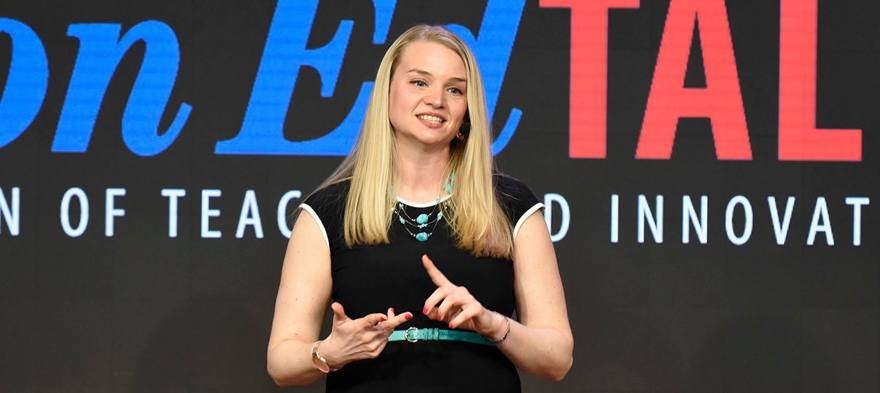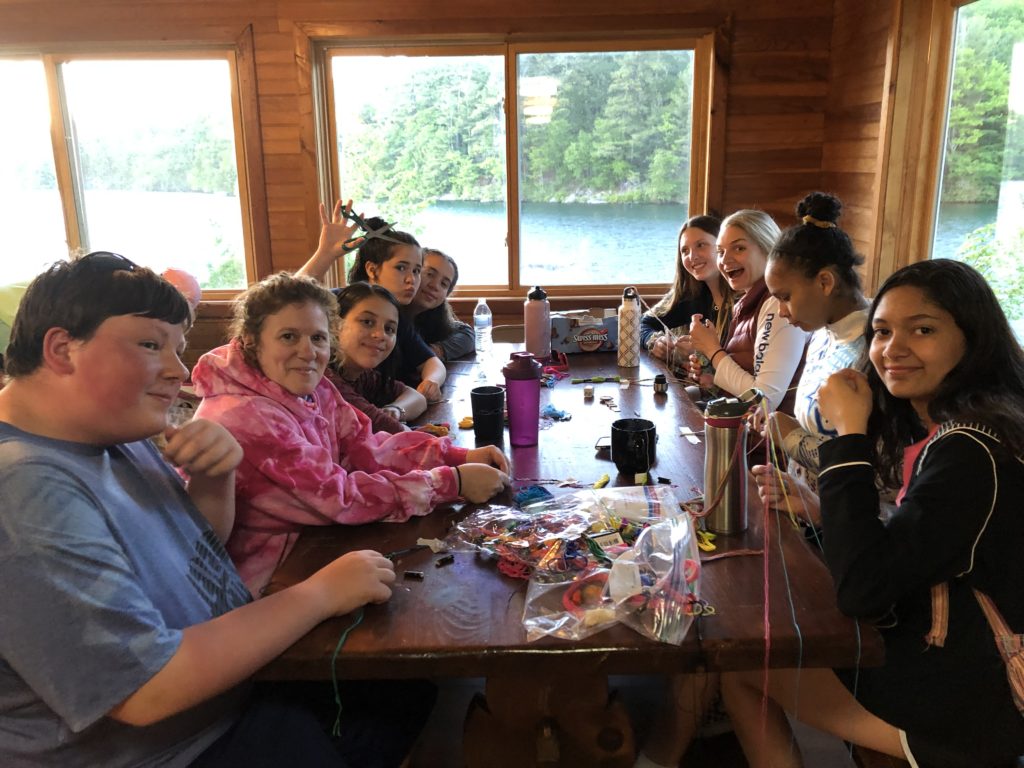
I remember the moment clearly. It was my sophomore year of college and we were in a crowded cafeteria. A friend asked me to identify the partner I was working with on a class project, so I pointed him out from across the room.
The conversation went something like this:
Me: He’s over there by the window.
Classmate: Where?
Me: Standing next to that giant plant.
Classmate: Which one? There are two guys.
Me: He’s wearing a yellow shirt.
Classmate: Oh! Why didn’t you just say the Black dude?
See, the person I’d been talking to was a Black woman. Flustered, I told her I didn’t know why I’d avoided the description. But the truth was, I didn’t know I was allowed to say he was Black.
I am a White woman. And like many White people today, I was raised with the idea that you are not supposed to talk about race.
I also happen to be a teacher. A White teacher, who comes from a long line of White educators. And I’m not alone. In fact, 80% of teachers in America today are White, and the vast majority of them are White women. However, 50% of America’s students are students of color—being taught by teachers who don’t look like them. Moreover, our country has a deep history of systematically denying students of color access to the educational experiences they deserve—and that legacy of inequality carries over to today.
So how do we, as White educators, support all of our students, especially those who have been historically marginalized? First, we have to begin by addressing the fact that many of the challenges our students face today are the result of years of institutional racism targeting Black and Brown students.
Second, we have to acknowledge our own Whiteness as we develop and/or push forward proposed solutions. This means that [pullquote]to be White teachers who are truly working to create equitable schools, we must accept that our racial identities actually do play a role in what we see and how we teach.[/pullquote] In trying to be colorblind, White people have become blind to both racism and to our responsibility in fighting against it.
If you’re an educator you might be thinking "this does sound pretty important, but my school isn’t actively addressing this issue." That’s OK. In fact, this work can be just as or even more effective when it is spearheaded at the grassroots level by teachers who are given the flexibility, autonomy and leadership required to tackle initiatives that support the students in their classrooms.

So if you are like me, a White educator trying to figure out the most effective pathway to creating equity in your school, here are a few simple things you can start doing: Look, Listen and Talk.
The truth is that doing this work won’t correct years of institutional racism.
However, as I’ve taken this on at my own school in Massachusetts, I can say for sure that this work has turned up the dial on how my faculty think, talk, and explore our own racial identities and our own biases and how they show up in the classroom.
We all know that teaching is a constant juggling act of priorities. But often we have to choose one to hold tightly for the long haul. Understanding my role in combating racism as a White educator is the priority that I’m choosing. And I invite you to choose it, too.
Amanda began her teaching career in 2006 at the Francis W. Parker Charter Essential School in Devens, Massachusetts. After nine years of teaching arts and humanities, she joined the Academy of the Pacific Rim Charter Public School in Boston teaching seventh grade English. Amanda currently teaches eighth grade humanities at Christa McAuliffe Charter School in Framingham, where she serves as grade level chair and leads her school’s work on diversity, equity and inclusion. Amanda holds a bachelors degree in philosophy from Boston College and a masters degree in anthropology and gender studies from Brandeis University. Next year she will be starting a leadership licensure program through the Massachusetts School Administrators Association to pursue a future role in school leadership. Her biggest priority for school leadership is anti-racism and equity work to ensure all students can find joy in learning.
If you have a child with disabilities, you’re not alone: According to the latest data, over 7 million American schoolchildren — 14% of all students ages 3-21 — are classified as eligible for special...
The fight for educational equity has never been just about schools. The real North Star for this work is providing opportunities for each child to thrive into adulthood. This means that our advocacy...
The story you tell yourself about your own math ability tends to become true. This isn’t some Oprah aphorism about attracting what you want from the universe. Well, I guess it kind of is, but...
Your donations support the voices who challenge decision makers to provide the learning opportunities all children need to thrive.
Ed Post is the flagship website platform of brightbeam, a 501(c3) network of education activists and influencers demanding a better education and a brighter future for every child.
© 2020–2024 brightbeam. All rights reserved.